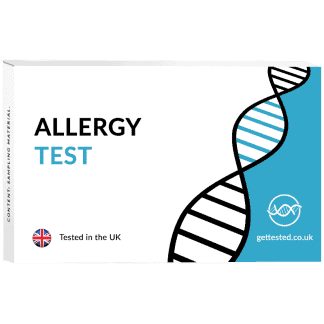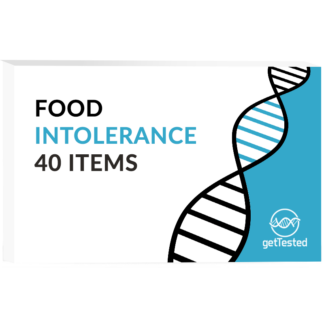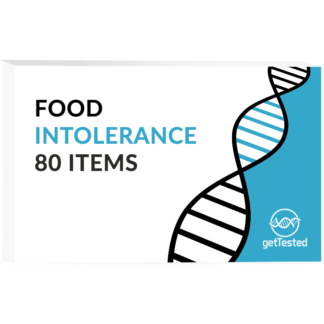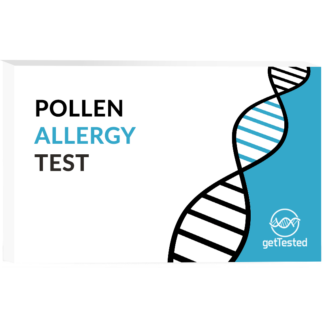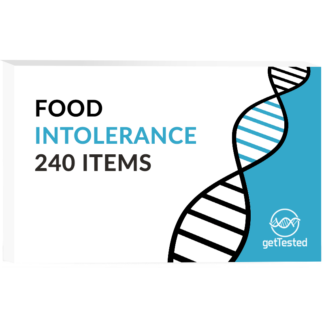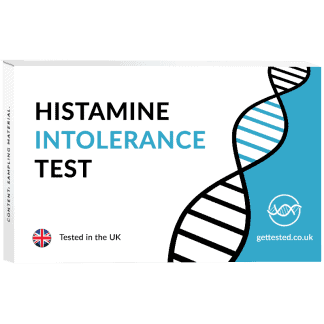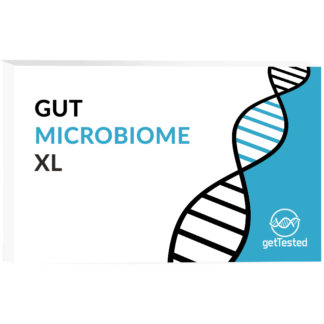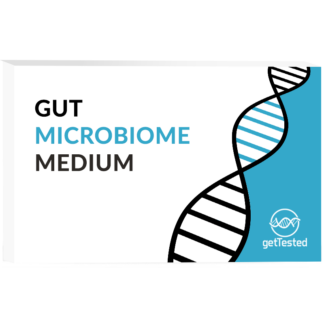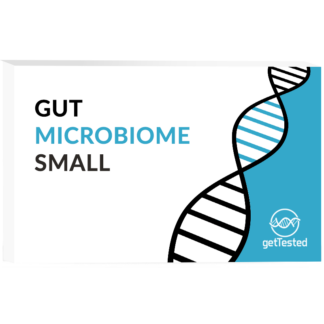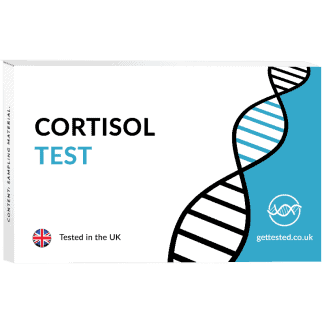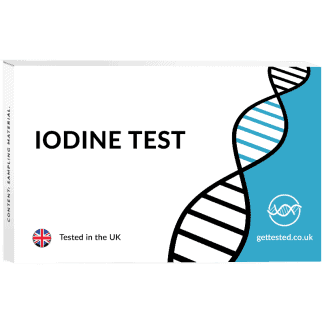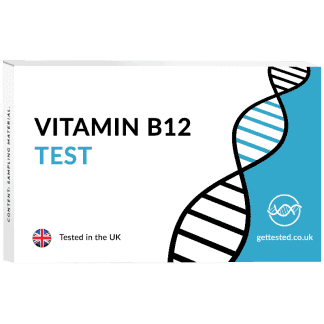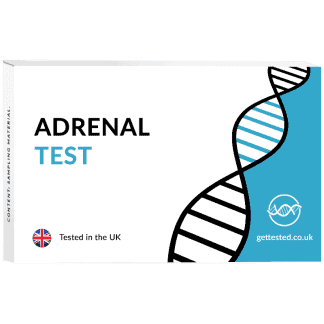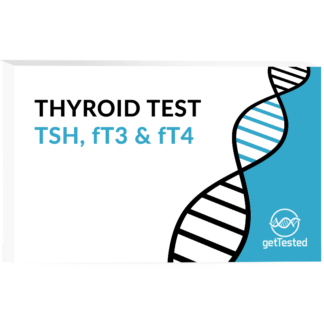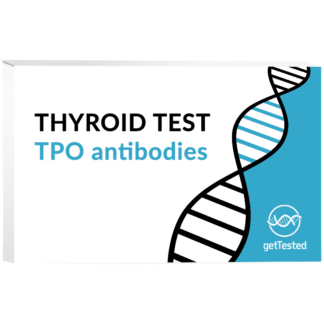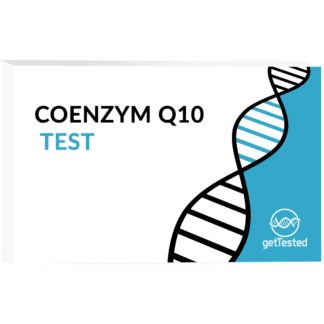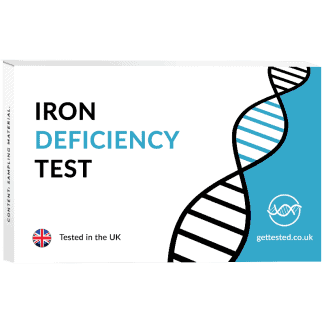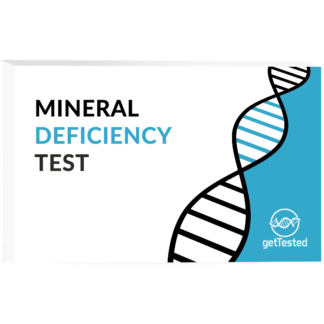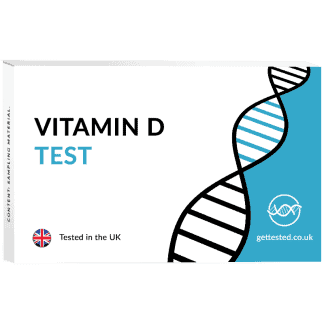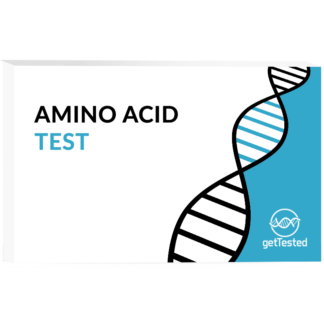ALLERGY & FOOD INTOLERANCE TESTS
By finding out which foods that are right for you, you can optimize your health and your energy levels. When you remove foods that your body cannot tolerate, you can reduce symptoms such as fatigue, brain fog, upset stomach, runny nose, joint problems and much more.
GUT HEALTH TESTS
A number of studies confirm the link between gut imbalances and various diseases such as depression, obesity, Parkinson’s, Alzheimer’s and ADHD. We offer a variety of gut helth tests that analyzes the gut flora, candida overgrowth, histamine intolerance, SIBO, leaky gut, parasites and much more. See all gut health tests.
HORMONE TESTS
Fatigue, moodiness and PMS are just a few symptoms that can be due to hormonal imbalances. You can test your hormones separately or through our larger hormone profiles for men and women. See all hormone tests.
SYMPTOM GUIDE
If you you need guidance on which test to choose, please check out our symptom guide. Click on the issue you’d like to read more about from a functional medicine point of view to see which tests we recommend. You are of course also welcome to contact us by e-mail or chat.
NUTRITIONAL MARKERS
Worried about nutritional defciencies? Measuring nutritional markers is popular among athletes and those who wants to optimize their health and performance. See all nutrition tests.
BESTSELLERS
Difficult to choose between all our tests? Below you can find some of the best selling tests among our customers. If you you need more guidance, please have a look at the symptom guide or contact us by email or chat.
“Very prompt answers to questions and full support if needed. Results came very quick and easy to access.”
![]()



